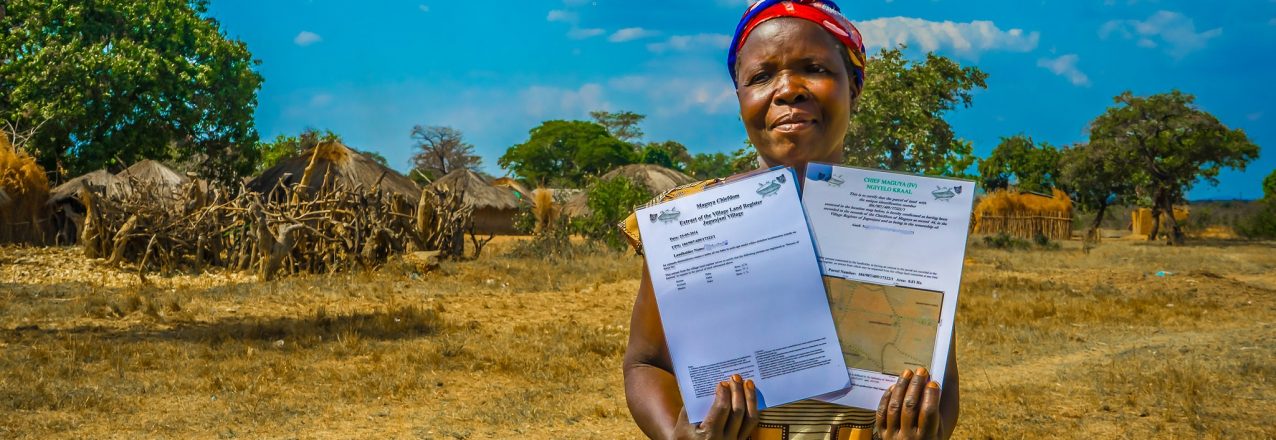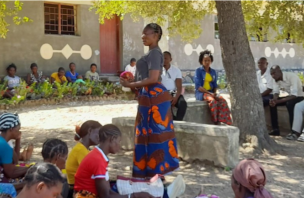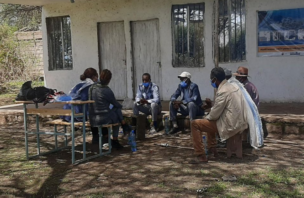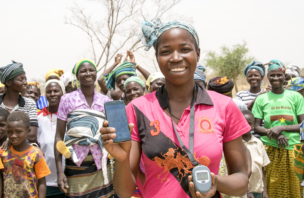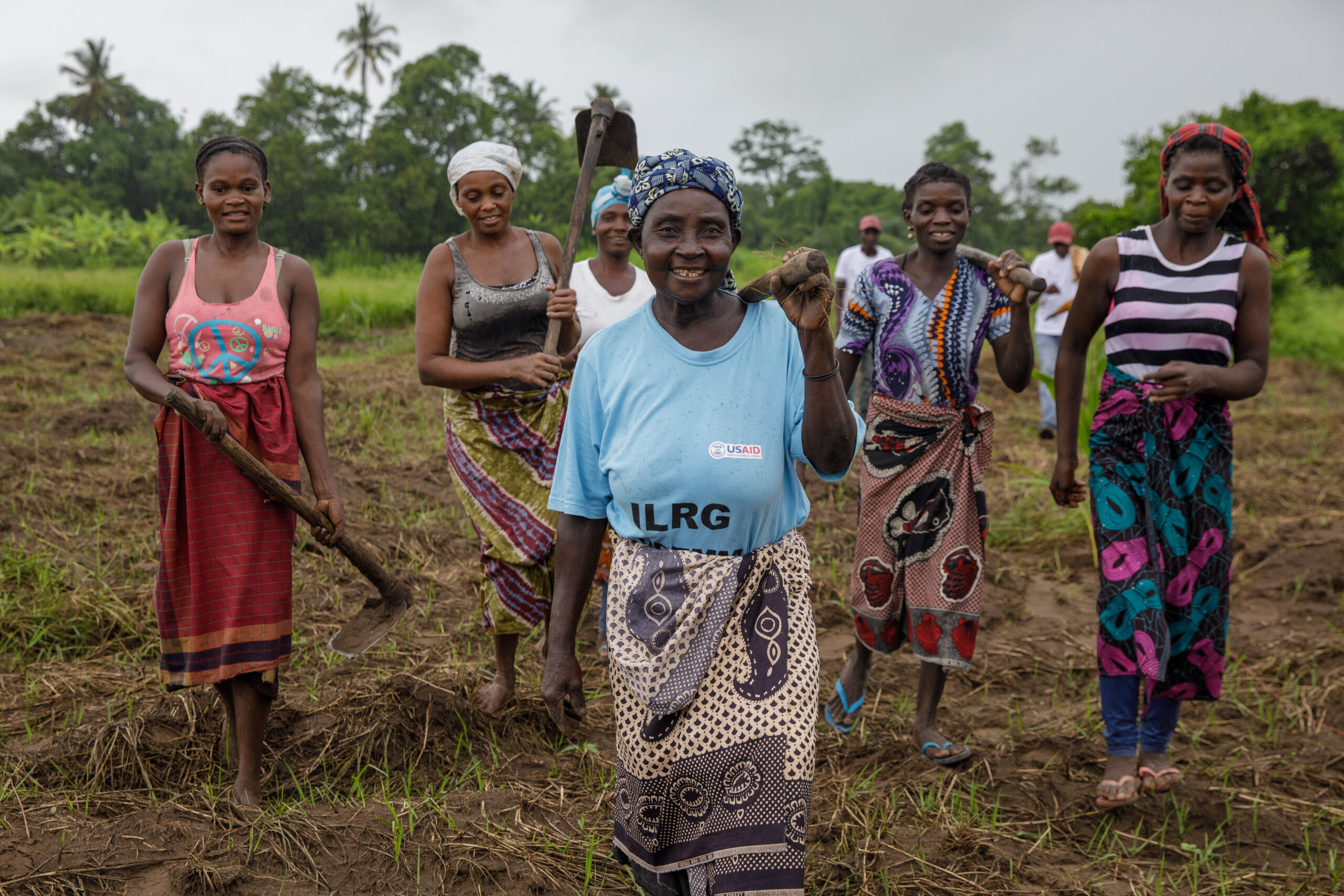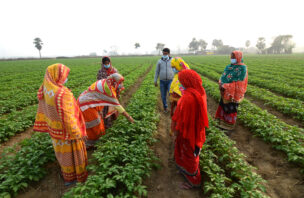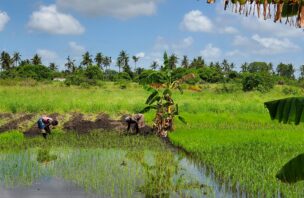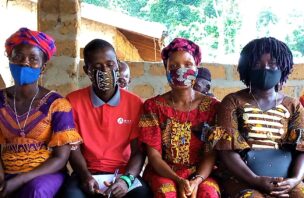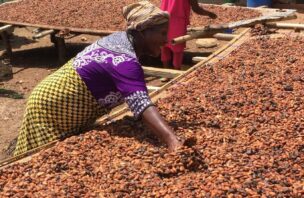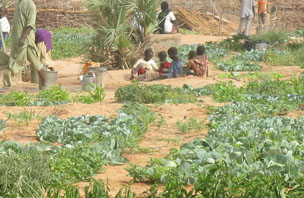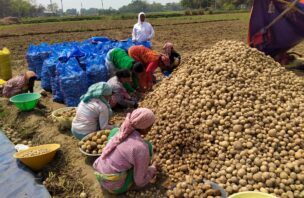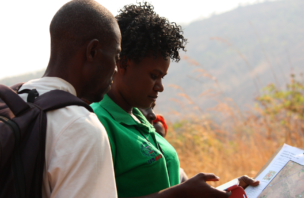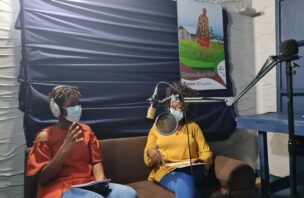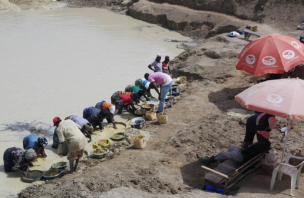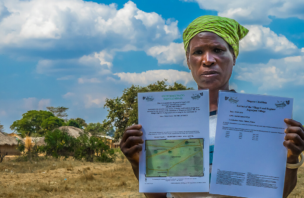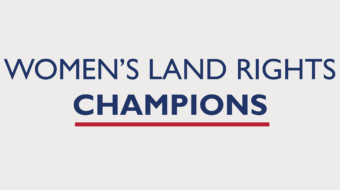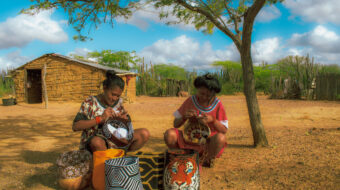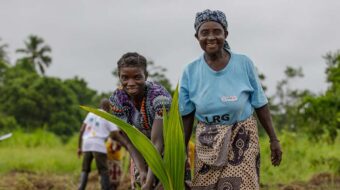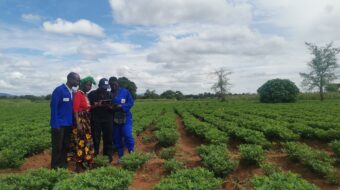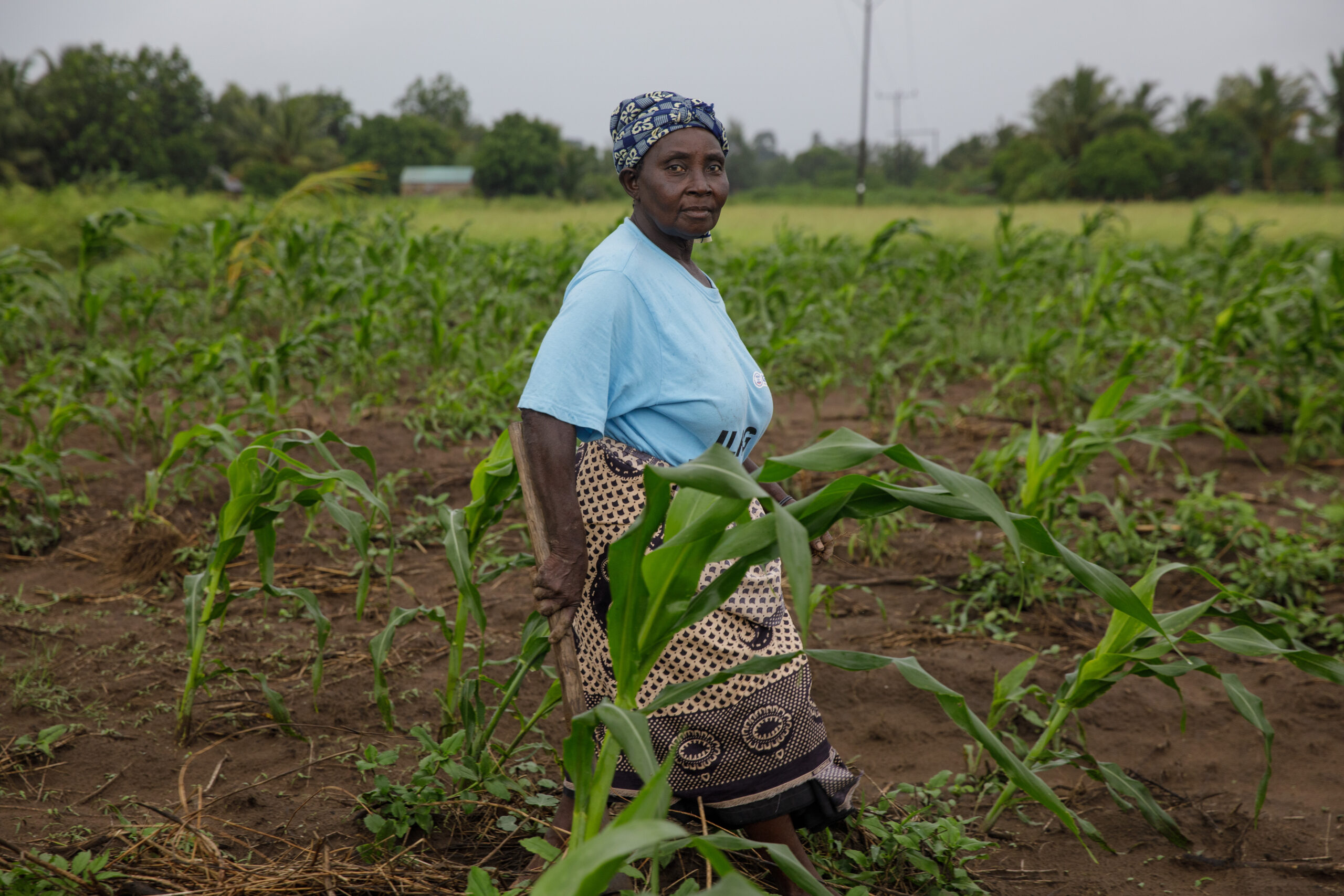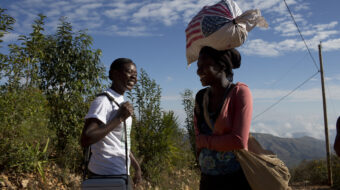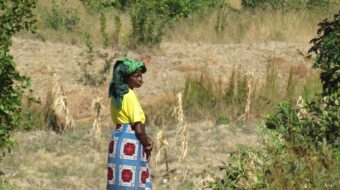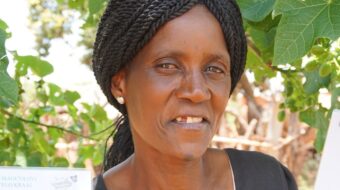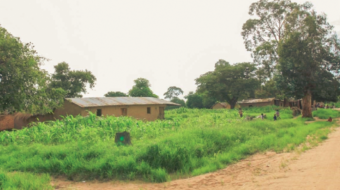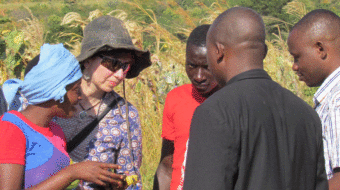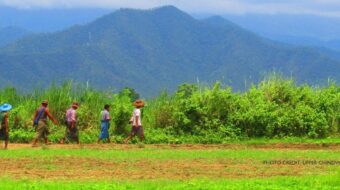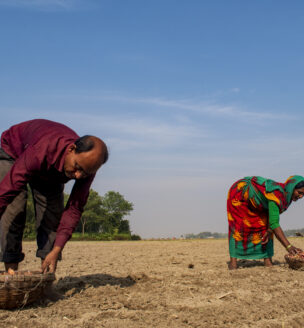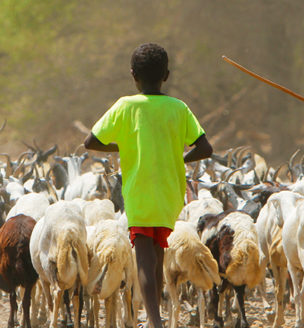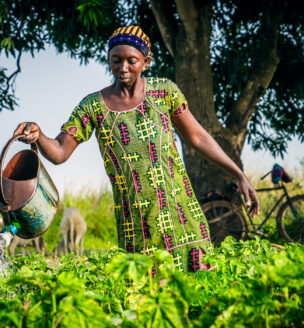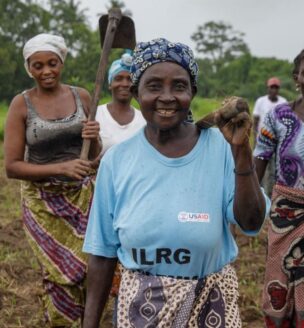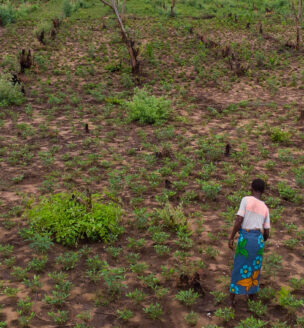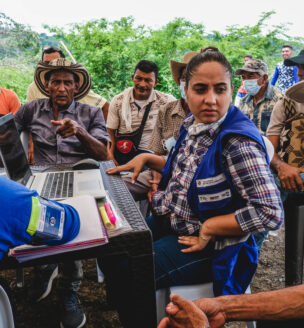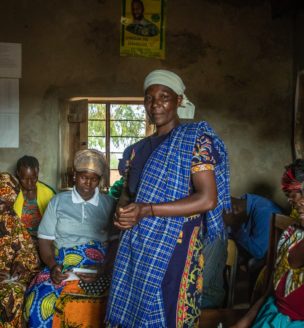USAID is securing and strengthening women’s land and resource rights across the developing world. Having secure rights to access and control land, and the benefits that come from using land, is central to determining household income and opportunity and can provide a powerful pathway to improved wellbeing, livelihoods, and resilience. For example, according to the Food and Agriculture Organization of the United Nations, if women had the same access to productive resources as men, farm output would increase by 20 to 30 percent. Today, although women play a critical role in food production, they are less likely than men to own and control land.
Why Women’s Land Rights Matter
Ownership and control over assets are central to women’s economic empowerment and their ability to contribute to local, national, and global economies. For many women, the most valuable of these assets are the land and natural resources from which they earn a living, provide for their families, and invest in their communities. Evidence suggests that strengthening women’s land and resource rights can have a positive impact on their bargaining power and decision-making, particularly around important household-level decisions such as expenditures for children’s health and education and intergenerational transfers, including inheritance. Through programs, partnerships, research and policy reforms, USAID is working on the ground to address the barriers women face to accessing and controlling land, as well as the benefits that secure land and resource rights bring to women, their families, and communities.
Our goal is to improve women’s access to and control over land and natural resources in order to expand their concrete and inclusive economic, social, and political opportunities.
Working with women, men, governments, traditional leaders, communities, and the private sector, USAID’s land and resource governance programming include strategies to:
- Support law and policy reforms to formalize and strengthen women’s land and resource governance rights;
- Promote gender and social inclusion in land documentation and registration;
- Enable gender and social norms change;
- Promote inclusive land use planning;
- Integrate women, and their unique needs and concerns, into agricultural supply chains;
- Raise awareness and advocate for equitable land and resource governance;
- Empower women through agency-based trainings;
- Gather and disseminate evidence, best practices, and lessons learned.
Where USAID is Working on Women’s Land Rights
Colombia, Ethiopia, Ghana, India, Liberia, Mozambique, Tajikistan, Tanzania, Zambia


